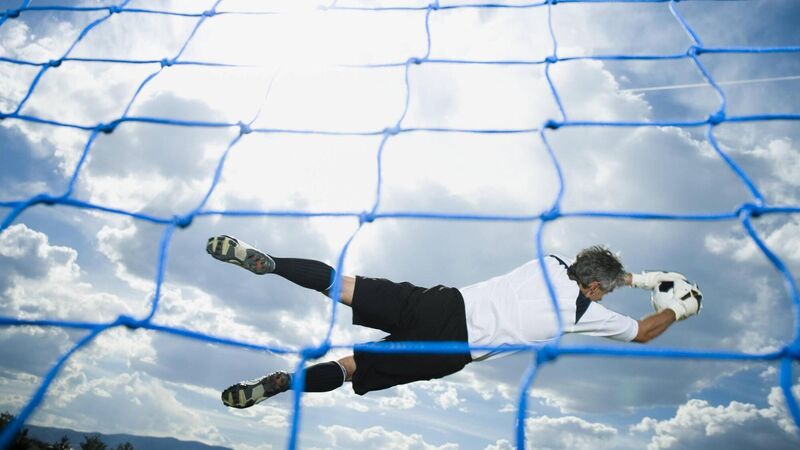Colin Sheridan: They took the summer's World Cup from us. We think we care less because we have more to actually care about, but we still care

Dreaming of summer World Cups.
“A lot of wasted time…a lot of push ups…”
- Carltio Brigande, Carlitos Way.









